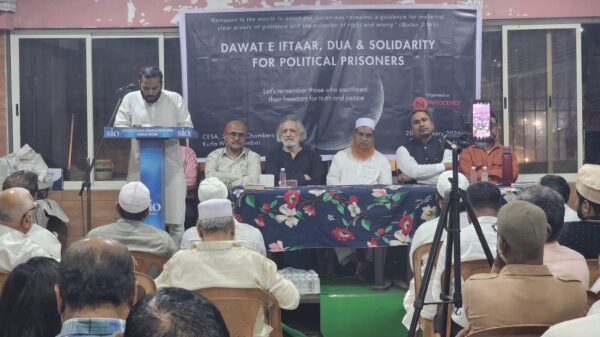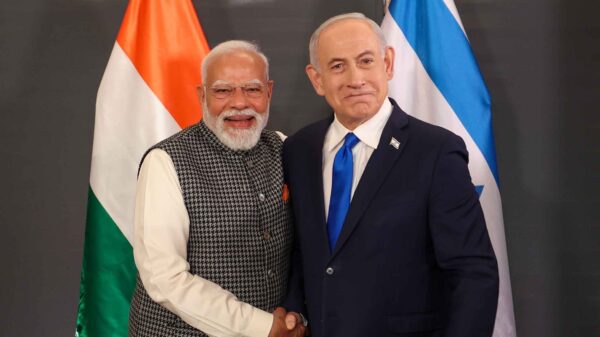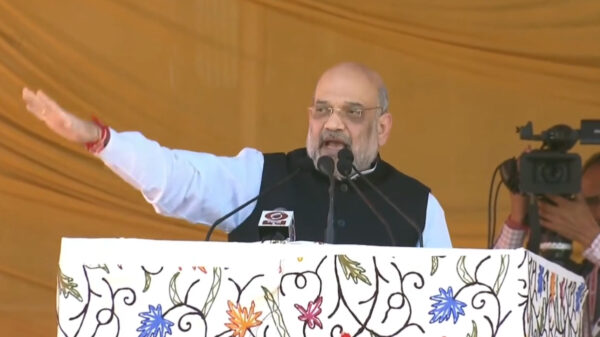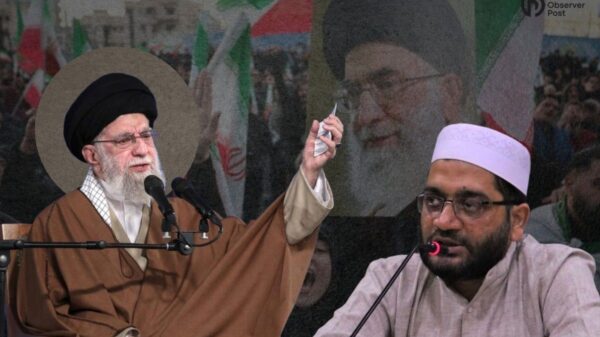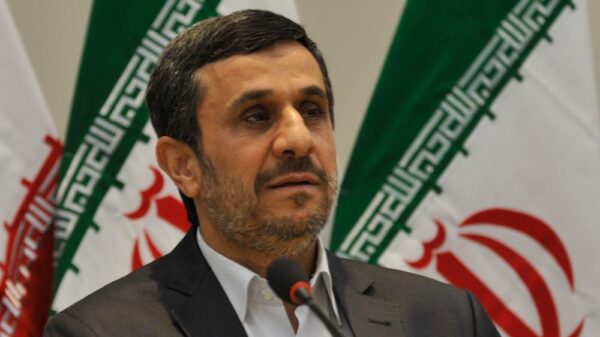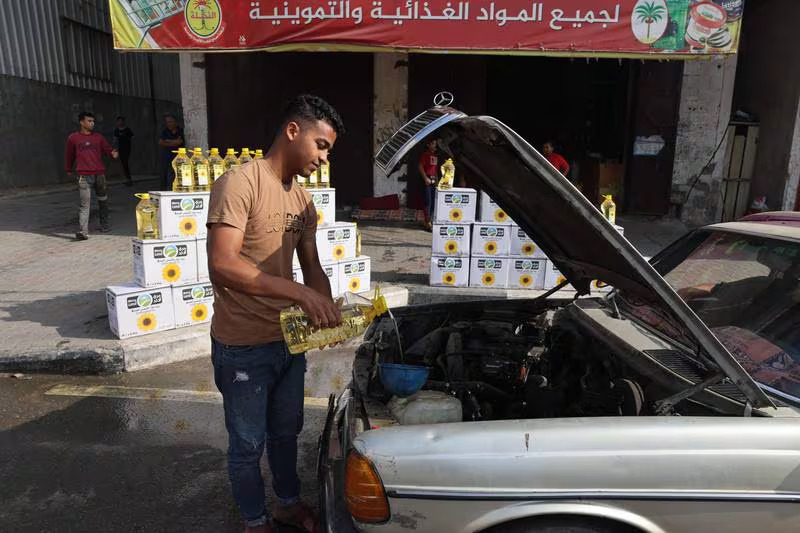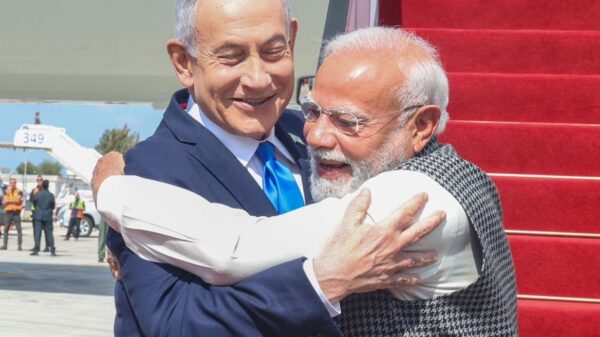Gaza, a coastal enclave of more than 2 million people, has been under a complete blockade by Israel since the outbreak of the war on October 7, 2023. Israel has barred the entry of fuel into Gaza, leaving the population with limited options to power their businesses and vehicles.
Deprived of conventional fuel, some Palestinians in Gaza have turned to a mix of cooking oil and petrol to run their old diesel cars. They buy cooking oil from local shops or collect used oil from restaurants and mix it with a small amount of petrol or diesel. The mixture is then poured into the fuel tank of the car, which can run for about 20 kilometres per litre.
The process is not without risks. The cooking oil can damage the engine, clog the fuel filter, and emit black smoke. It can also pose a fire hazard if not handled properly. Moreover, the cooking oil is not cheap. It costs about 10 shekels ($3) per litre, while petrol costs about 6 shekels ($1.8) per litre in Gaza.
However, for some Palestinians, cooking oil is the only alternative to the long queues at the gas stations, where fuel is rationed and often unavailable. Some gas stations have been closed for weeks, while others have been targeted by Israeli airstrikes.
The fuel crisis has also affected other aspects of life in Gaza. The only power plant in Gaza, which runs on diesel, has been operating at less than half of its capacity, resulting in frequent blackouts. Hospitals, schools, water pumps, and sewage treatment plants have also been struggling to function with backup generators.
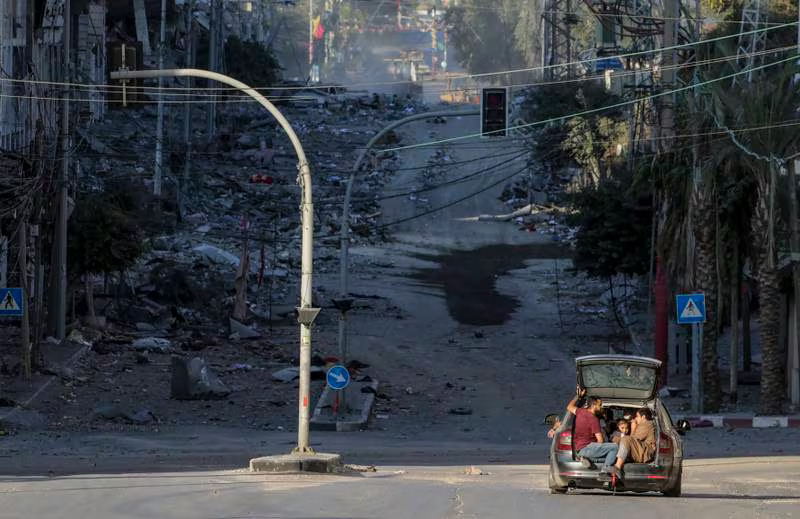
The United Nations has called for a humanitarian truce, emphasizing the urgent need for unhindered access to Gaza. The UN highlighted the untapped potential of Palestinian oil and gas reserves in the Levant Basin, which could provide a source of energy and income for the Palestinian people.
Analysis: The Long-standing Gas Reserves Dispute
In 1999, the discovery of a substantial gas field off Gaza’s coast by the British company BG Group presented a promising source of wealth for Palestinians. Despite initial positive negotiations and agreements, political shifts and changes in Israeli leadership hindered the development of this resource for over two decades.
The gas field, located between 17 and 21 nautical miles from Gaza’s shore, was estimated to contain 1 trillion cubic feet of gas. The Oslo II accords gave the Palestine National Authority (PNA) maritime jurisdiction up to 20 nautical miles from Gaza’s coast. BGG signed a 25-year contract with the PNA in November 1999, after confirming the presence of gas.
The deal was initially supported by Israel’s Prime Minister at the time, Ehud Barak, who authorized BGG to drill the first well in July 2000. Negotiations began between Palestine and Israel to supply gas to the state-owned Israel Electric Corporation. The deal was seen as beneficial for both sides, as Israel needed more gas and the Palestinians more money.
However, the deal was sabotaged by Israel’s change of leadership in 2001, when Ariel Sharon became the Prime Minister. He reportedly rejected the supply deal with the Palestinian gas field and claimed that the money would be used to fund ‘terrorism’.
The deal was revived in April 2007, when Ehud Olmert became the Prime Minister, and agreed to reopen talks with BGG. The plan was to start buying 0.05 trillion cubic feet of Palestinian gas for $4 billion annually from 2009, which was hoped to create a positive atmosphere for peace.
However, the deal was disrupted by the 2007 Battle of Gaza, when Hamas took over the strip from the PNA. Hamas demanded to increase the original 10% Palestinian share in the BGG deal and claimed the right to manage the gas field.
Consequently, Israel set up a team of negotiators to bypass the PNA and the Palestinian government and deal directly with BGG, effectively nullifying the 1999 contract between BGG and the PNA but BGG pulled out of the talks in December 2007, citing the political instability.
In June 2008, Israel urgently contacted BGG again to renegotiate the deal. According to a UN report, this coincided with the planning of an Israeli military operation in Gaza, which suggested that Israel wanted to secure the gas deal before launching the attack.
The operation, known as Operation Cast Lead, started in December 2008 and resulted in the death of over 1,400 Palestinians and the destruction of much of Gaza’s infrastructure, similar to the ongoing 2023 war. The operation also gave Israel control over Gaza’s offshore gas field, without regard for international law.
BGG has been dealing with the Israeli government ever since, while the Palestinians have been excluded from the process. The UN estimates that the Palestinians have lost billions of dollars in potential revenue from the gas field, which could have improved the economic and social conditions of people in Gaza.
According to author Emma Ashford, a columnist at Foreign Policy, it is another war crime for the occupying power to deny the citizens the right to use their natural resources. So far, the occupation has cost the Palestinians tens or even hundreds of billions of dollars in terms of oil and gas alone, the author notes.
Palestinians in Gaza are left with no choice but to rely on their ingenuity and resilience to survive the fuel crisis.






